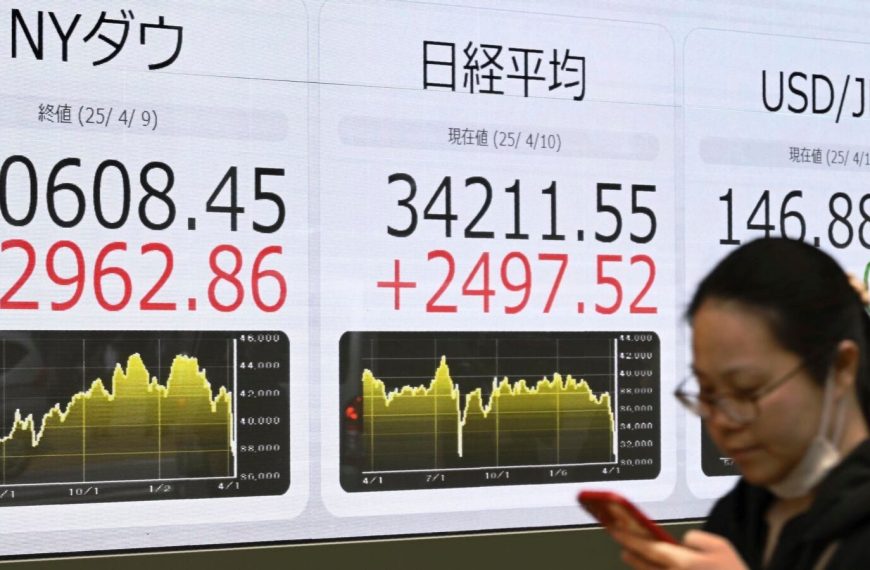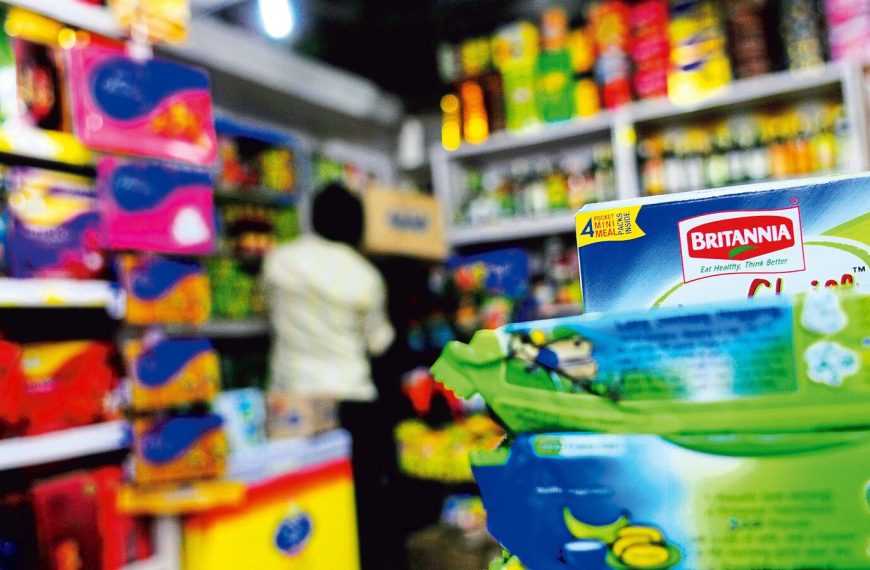On May 7, the Indian stock market exhibited a slight fluctuation amid escalating tensions with Pakistan, yet textile stocks experienced a notable upswing. This positive shift coincided with the historic signing of a Free Trade Agreement (FTA) between India and the United Kingdom, sparking renewed investor enthusiasm. The textile sector, in particular, is expected to gain significantly from this agreement, boosting market confidence.
Surge in Textile Stocks
As optimism increased, several major textile firms witnessed impressive stock performance. SP Apparels emerged as a standout, reaching the 20% upper circuit limit at ₹874 per share. Other notable performers included:
- Gokaldas Exports
- Welspun Living
- Vardhman Textiles
- Nitin Spinners
- Arvind
- Himatsingka Seide
- Ambika Cotton Mills
Many of these stocks surged by up to 16% in early trading, reflecting the overall positive market sentiment.
Impacts of the India-UK Free Trade Agreement
The newly minted FTA, which took three years of negotiations to finalize, aims to boost bilateral trade by £25.5 billion (approximately $34 billion) by 2040. This agreement is expected to provide Indian textile exports with a competitive edge in the UK market, where other countries like Pakistan and Bangladesh currently enjoy duty-free access through the UK’s Generalized Scheme of Preferences (GSP).
Indian textile products, including women’s apparel, shirts, trousers, and bed linens, currently face an import duty of 10-12% in the UK. The FTA is projected to reduce or eliminate these tariffs, significantly benefiting Indian exporters.
India’s Global Textile Standing
India ranks among the leading textile-exporting nations worldwide, holding about 4% of the global textiles and apparel market. The primary export destinations include the United States, European Union, and United Kingdom, which collectively account for 53% of India’s total textile exports for the fiscal year 2023-24.
In 2024, trade between India and the UK reached £42.6 billion, positioning India as the 11th largest trading partner of Britain. The UK government has characterized this new agreement as the most significant bilateral trade deal since its exit from the European Union in 2020.
Broader Trade Initiatives
Beyond the UK agreement, India has actively pursued 14 Free Trade Agreements (FTAs) with various nations, including the UAE and Australia. Additionally, India has established six Preferential Trade Agreements (PTAs) to enhance its trade landscape.
Government Support for Textiles
The Indian government is intensifying its focus on the textile industry, introducing incentives and reforms to bolster local manufacturing. In the Union Budget for 2025-2026, a five-year mission was launched to enhance the productivity and sustainability of cotton farming. This initiative aligns with the government’s 5F vision, which aims to support farmers and ensure a consistent supply of quality cotton for the textile sector.
Moreover, with ongoing political instability in Bangladesh, many international buyers are shifting their sourcing to India, further propelling the country’s textile industry forward.
In conclusion, the recent developments in the India-UK FTA and the resulting uplift in textile stocks indicate a promising future for the Indian textile market, encouraging both local and global investors to take note.











